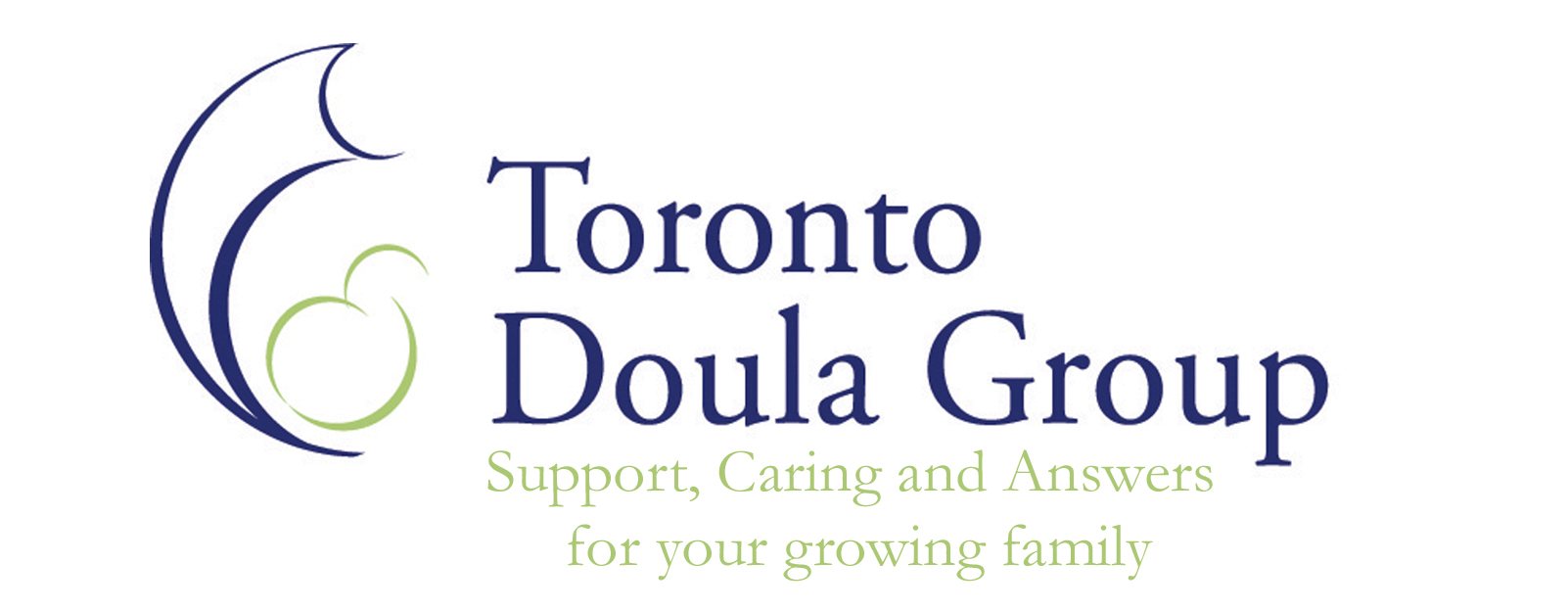Second Night - How To Survive This Normal Adjustment Period

A couple of hours after baby is born you will get transferred to a postpartum room. For the next 24-48 hours you will rest, practice feeding baby, ask all the questions you have to the postpartum nurses, you'll get fed (thought it will be hospital food) and you'll come down from the birth high. Your baby will also sleep quite a bit. In the first 24 hours baby is trying to sort themselves out after being born. Being born is exhausting and disorienting to babies. So they sleep, a lot.
After 24-48 hours, you get discharged. You are sent home with this new human, whom you know virtually nothing about, you are sore and also exhausted from birth. You and your partner just want to rest and recover. However baby has different plans. Bringing baby home, while special and familiar to you, is a mind explosion for baby. In less than two days, they went from a warm, watery, safe world, to a bright, loud, smelly world, then in quick succession, you moved them again to a your home. Somewhere safe and wonderful but they don't know that. Their response to these overwhelming situations and feelings is to be near you, on you, as close to your heart as they can get. And when they aren't there, in their safe space, they will cry. This is their only way of communicating. The only way they can express to you that they are scared, tired, and hungry.
The Fed Is Best organization states that this period of needing to be near you constantly, being skin to skin and feeding frequently is abnormal. However, according to most paediatricians and health networks, this is a normal period of transition and adjustment for newborns.
Newborns at this time aren't that complicated. They need to feel safe. They need to feel love. And they need to be fed. That's pretty much it. Being skin to skin on your chest, satisfies all these needs. Remember baby has lived, warm and safe under your heart for their whole existence. When they are born, being skin to skin is as close to that feeling as they can get. They feel safe in your arms, or that of your partner. Being away from that feeling is scary.
And after about 24 - 48 hours your baby who has been living on colostrum is now getting hungrier. They are entering into a period of cluster feeding. This difficult but short lived period is baby's way of telling your body that the colostrum they were getting is no longer satisfying them and they need more. "So bring on the mature milk!!" After 12-24hrs of constant feeding, every hour or less, your mature milk will come in and you will enter a period of calm. Baby will go back to eating every 2-3 hours and you will be able to rest between feeds.
Second Night, if you have noticed, is more like Second Nights. And it is survivable, though it may not feel like it.
Tips For Surviving Second Night...s...
Plan ahead for staying well fed and well hydrated
Cooking and storing food for the first couple of weeks can save you or your support team from deciding what to eat
Have support
Having family or friends available to help you and your partner in the first week can be invaluable
You can also consider hiring a postpartum doula to help you either during the day or over night
Focus only on rest, recovery and feeding baby.
Any other tasks can and should be done others or left altogether
Keep up the skin to skin and share that with your partner
As the birthing/feeding parent you do not have to be the only one who holds and comforts baby
Keep baby close by
This will allow you to learn about and respond to baby's cues. And learn to differentiate between hunger cues and baby's other needs.
Trust your instincts
If you feel that something is up with baby, the crying, or the feeding, get help. Never second guess your gut instincts.
This is a very stressful time, but it is temporary. You will be able to ride it out with support and minimum expectations on yourself. And eventually you will fall into a rhythm in your life with your new little human.
Second Night Resources:






































Comments